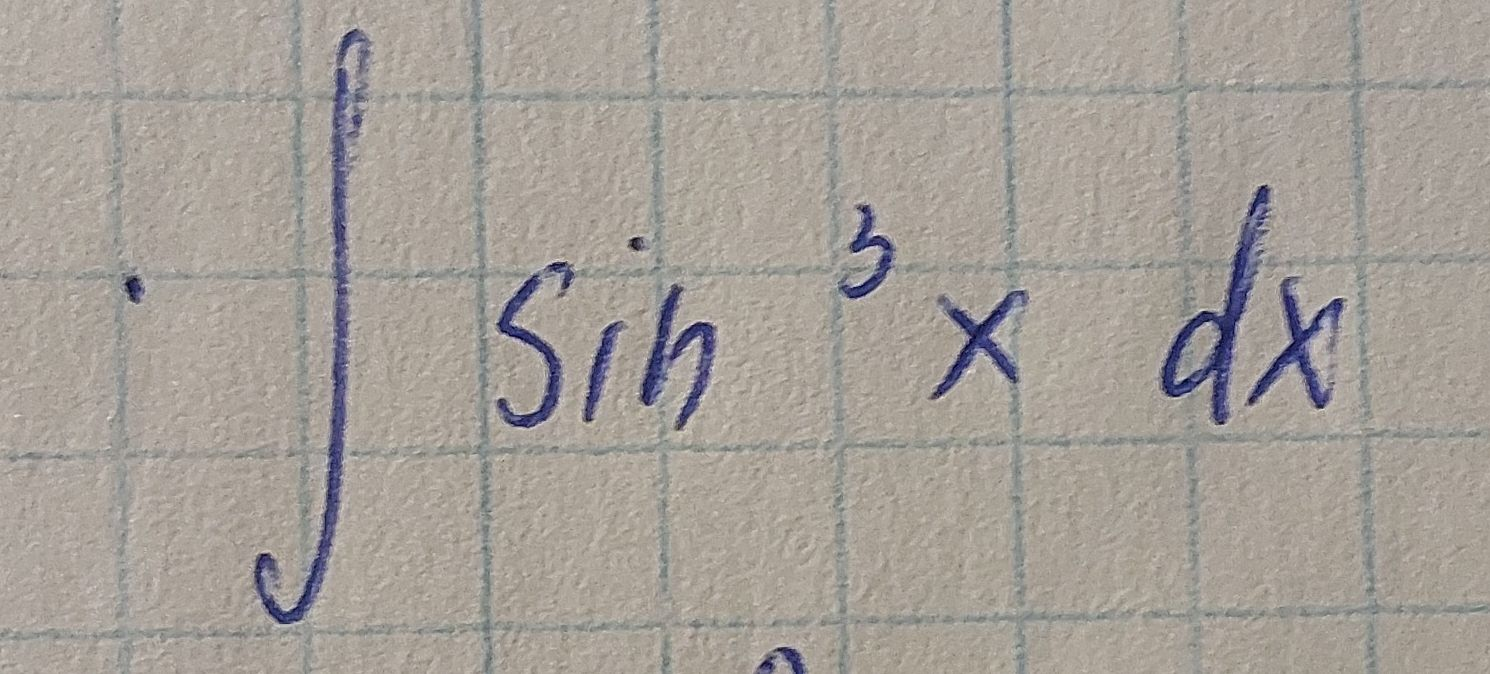AI tutor
Full solution
Q. =
- Recognize Problem: Recognize the integral that needs to be solved.We need to integrate with respect to .
- Use Identity: Use the identity to rewrite as .
- Substitute and Split: Substitute in the integral.
- Integrate : Split the integral into two separate integrals.\int\sin(x) \cdot (\(1 - \cos^(x))\,dx = \int\sin(x)\,dx - \int\sin(x)\cos^(x)\,dx
- Use Substitution: Integrate the first part . The integral of with respect to is . So,
- Integrate : Use substitution to integrate the second part . Let , then . Rewrite the integral:
- Substitute back: Integrate .The integral of with respect to is .So,
- Combine Results: Substitute back for . becomes .
- Combine Results: Substitute back for . becomes .Combine the results from Step and Step . The final answer is the sum of the two integrals: , where is the constant of integration.

